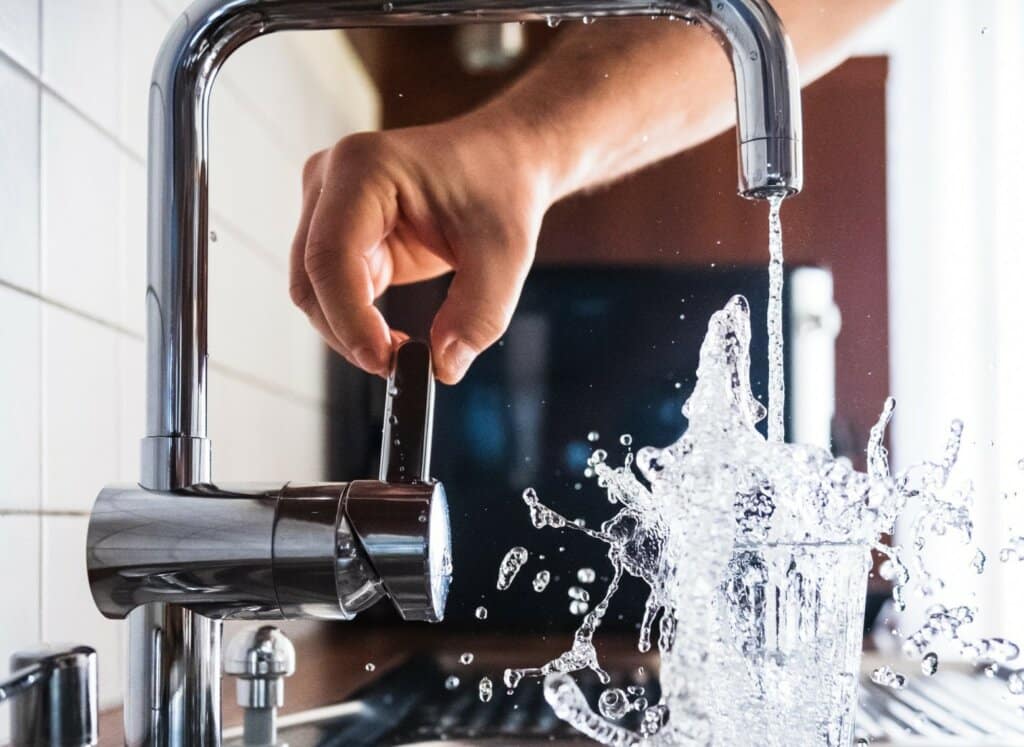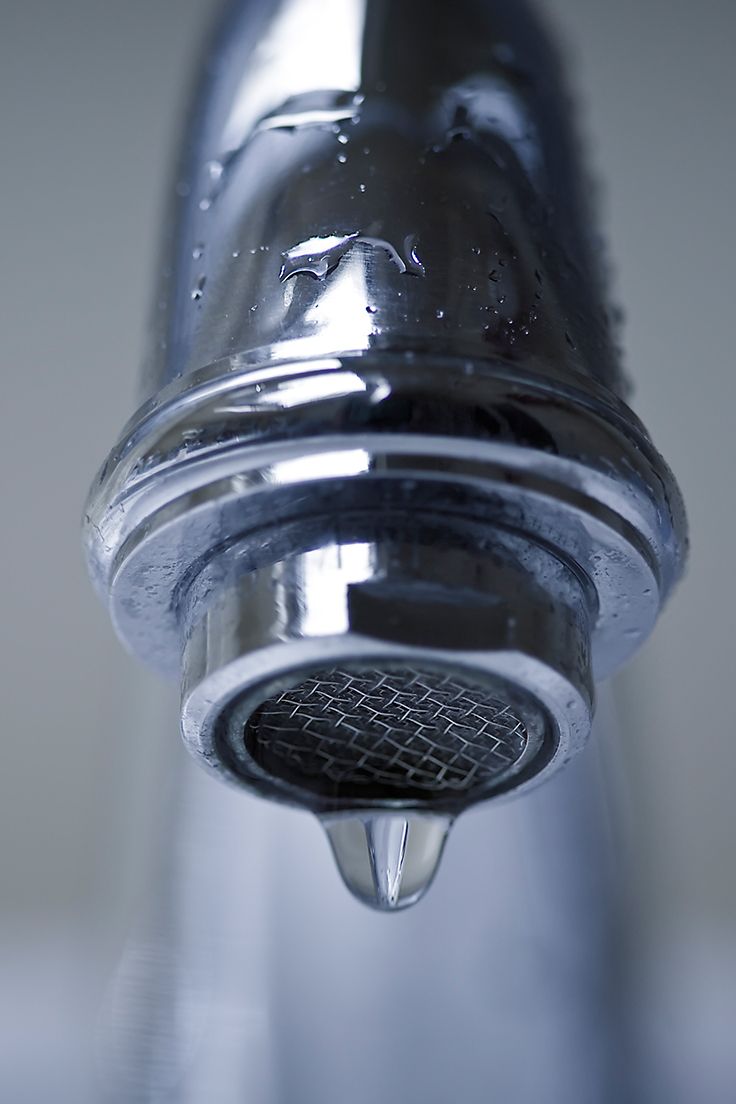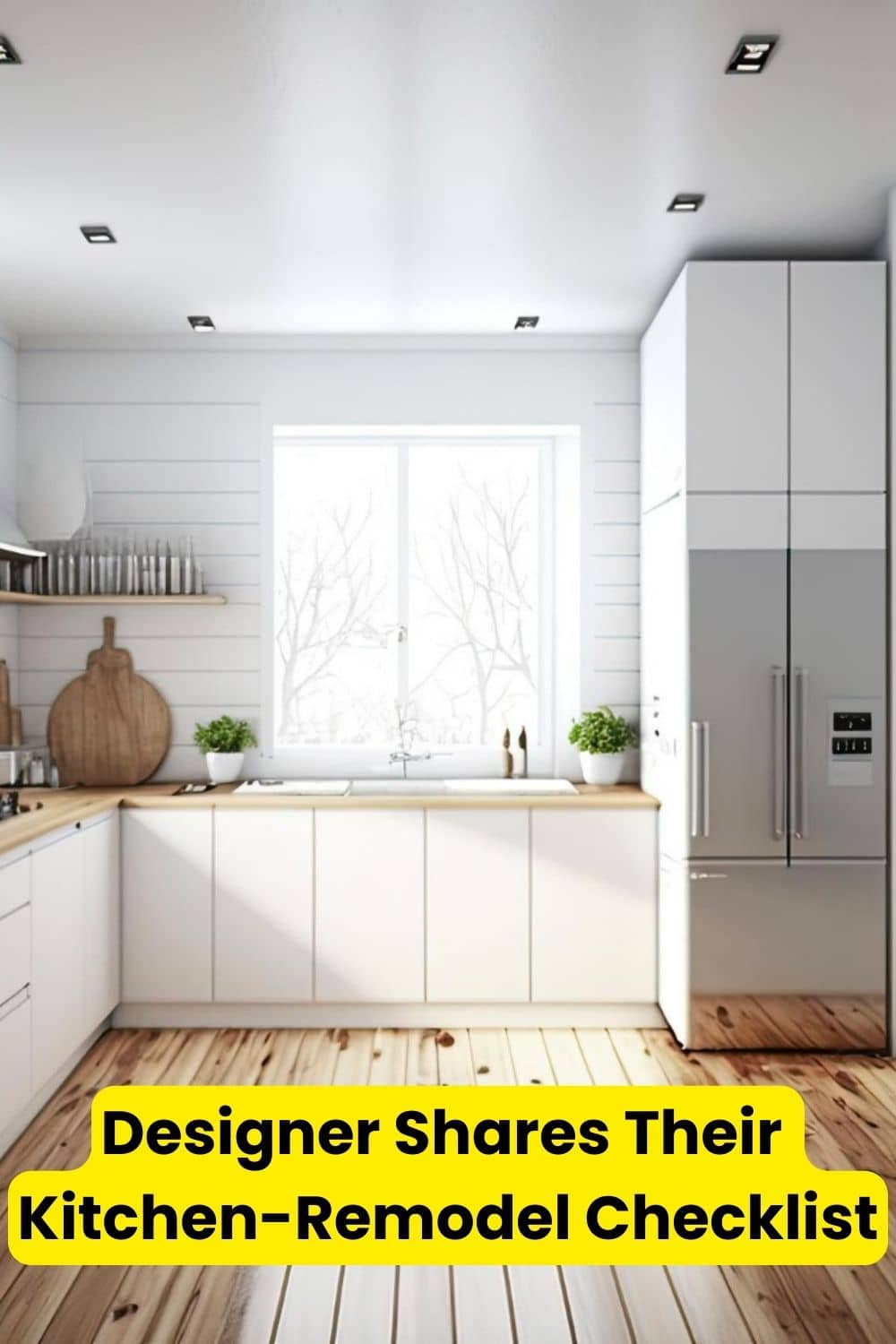Kitchen water quality is a typical life problem that every homeowner has to face. There are a lot of parameters and standards that we need in order to tick all the boxes. Amongst all, purifying and softening water are the biggest problems that you want to take care of.
Unfortunately, there is a common fixation we’ve seen many people coming up with: “A whole house water filtration is a quick fix – you don’t need anything else”!
What if we tell you it’s not enough?
Water screened through whole house filtration is fine for showering and some basic routines that don’t involve human consumption. It can only tackle hardness and contaminants to a certain extent but still puts your health at risk.
Therefore, the key takeaway from this scenario is that you need specialized equipment built under your kitchen sink to supply water that meets drinking standards.
In this handy guide, you’ll learn how to clean and soften your water with the right equipment!
Why Do You Need a Kitchen Water Filter to Meet Drinking Standards?
A water filter for the kitchen is one thing many homeowners miss out on. Most end up with a whole house water filtration – and that’s it!
They are not the ones to blame! A whole house water filter is supposed to remove incoming contaminants and pathogens, providing a healthy water supply to every faucet at home.
Since you’ve already paid a lot to set up this defense, nothing can get on your nerves when washing your hands or showering in this contaminant-free downpour.
But are you confident enough to take a sip out of the kitchen faucet?
Now you’re raising your eyebrows, aren’t you?
Hidden pathogens, untreated hard metals, and toxic lead will barge in and threaten your health.
That’s the reason why a kitchen water filter is just as important as whole house filtration. Altogether, you’ll have a two-step “verification” and defense to keep your family health intact.
Now here’s the deal – why doesn’t a whole house water filtration system tackle all contaminants?
Think about how long you’ve had it running! Apparently, any device and installation will wear out over the years. The longer your filtration equipment interacts with water and contaminants, the easier it gets to slow down the whole system. Restricted flow will affect water pressure sent to your kitchen tap, shower, and every other output.
Other than that, we have to think about the total number of contaminants pulled over by that whole house filtration! Is there any chance that they get leaked?
Therefore, we don’t want you to sacrifice your health in exchange for a risky supply of water that you use every day. A decrease in water pressure is not the end of the world, but human health and your immune system are the ones raising the red flags, especially if you live with seniors and children.
A high-quality kitchen water filter defeats potential contaminants and other risky elements that break into your organs due to the rundown of your whole house water filter. Now read on to find out how to fully clean and soften kitchen water with easy and simple installations!
How Do Water Filters Work?
As its name suggests, a water filter is a type of device, usually installed underneath your kitchen sink, to purify the flow before it reaches your tap. A kitchen water filter is developed with multiple purification techniques to remove all types of contaminants.
The most common types of contaminants include pathogens, pesticides, pharmaceuticals, and daily stimulants injected by untreated water supply from your surrounding environment.
These toxic impurities will completely disappear before the water reaches your throat. Some of the most popular and effective methods include sediment filtration, reverse osmosis, and activated carbon absorption.
Depending on which types of filtration you have, these toxic substances are dissolved via system cleansing or caught by a tubular cartridge that needs periodic replacement.
A high-quality kitchen water filter will give you the best result and eliminate your anxiety for contaminated drinking and cooking water while also giving you fresh, pleasant, and odor-free taste.
How Do Water Softeners Work?
Unlike water filtration, a water softener is designed to deal with hardness. A softener is specialized equipment that uses ion exchange to remove calcium and magnesium ions. These are the two most common elements you will see in hardness-infected water.
Other than posing a health risk, untreated plagues of calcium carbonate built up over the years will also result in limescale. Limescale is an off-white deposit that seriously damages old pipes and overused pipelines, reducing the efficiency of your water supply.
Due to the process of ion exchange, calcium and magnesium ions will be replaced by sodium ions to provide soft water for your home use.
You want to set up a water softener right at the main water supply.
While water filtration protects your health, a water softener protects your plumbing’s health, prolongs its shelf life, and reduces cleaning effort.
Water Softener Vs Water Filter: When to Use Which?
We’ve just walked you through the difference between water filtration and water softening.
Now here comes a big question: “Which to use when?”
Quite simply, you need to obtain a water quality test before reaching out to any store and adding the right product to your cart. Once you have a report in hand, buying the right item is way easier!
Let us put this way:
- If it states in the report that the water contains a high level of calcium or magnesium ions, and possibly other minerals and metals, you clearly are dealing with hardness. In this case, a water softener is your best friend.
- If the report lists down water contaminants like pesticides, pharmaceuticals, and heavy metals, you surely need a water filtration system!
Water Softener and Filter Combo: A Win-Win
Obtaining both a water softener and a whole house water filter is the best scenario for those dealing with both contaminated and hard water.
If you’re not on a shoestring, using a softener-filter combo is the best resort to deal with all these enemies in your water. This type of combo is widely available amongst households where they want some joined forces to receive clean, soft water at once.
Some of you’ve already had whole house water filtration. This compilation right here is a great resource where you can consult the best water softener for homes with wells. Besides, most water softeners are designed to also treat clear water iron (also known as ferrous iron).
For those of you in need of a whole house water filter, check the guides online – there are plenty!
Now you may be asking:
“Look! I’ve already had one of those two, how to deal with the other for a decent setup?”
There’s no one-size-fits-all answer for this question. In fact, you can play between the two and set them up in any order that works for you.
- On one hand, if the water reaches the softener before it’s screened through the filter, you’ll have all the hardness eliminated and the water is ready for consumption anytime.
- On the other hand, pre-filtering water ensures all sediments and contaminants to be trapped before they abuse and meddle with the softening system.
We hope you’ve found this handy guide helpful. Getting soft and clean water for your kitchen is easy and straightforward. The only thing you need to do is consulting the experts from your local or online store so they can give you the right equipment!






Leave a Reply